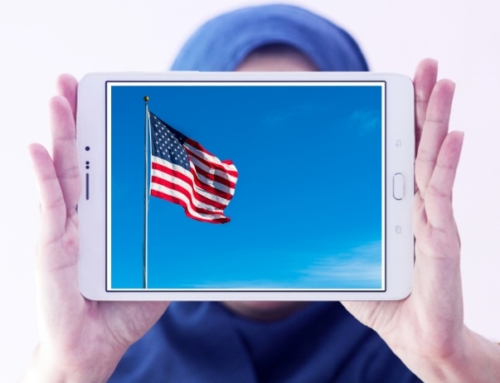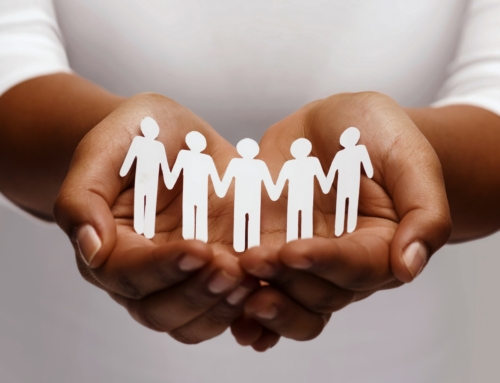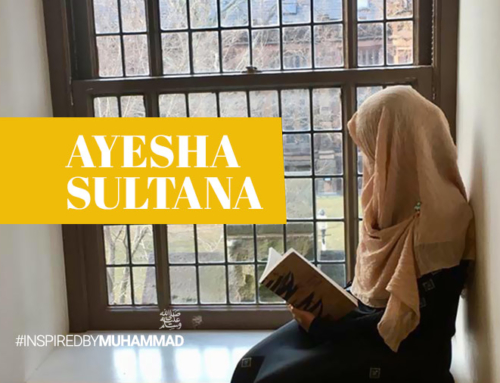Nailah Dean
There are some widely celebrated holidays in America that Muslims avoid due to their religious connotations, such as Christmas and Easter. Others, such as Thanksgiving or the fourth of July, are more cultural in nature, and thus, some Muslims choose to partake in these festivities. Then, there is a category of specially marked calendar days made up of days, weeks, or even a month, that are significant to the history of the United States, and do not have any religious significance. February is an example of such a month. It stands to honor Black or African American History. Because there is no religious association, Muslims should take special notice of Black History Month and commemorate the significance of Black people in the U.S. Here’s why:
1. The U.S. was Built on African Muslims’ Slave Labor
Many assume the history of Muslims in America is part of a later wave of immigrants that arrived in the latter half of the 20th century. While that may be true in part, it completely ignores the existence of the African Muslims that were brought to the U.S. in the days of the transatlantic slave trade. Historians have estimated that there were tens of thousands of African Muslims brought to the U.S. as slaves1. These Muslims grew up in Senegal, Mali, Guinea, Sierra Leone, Ghana, Benin, and Nigeria where Islam was known since the 8th century and spread in the early 1000s. They were violently taken from their homes, brought to the U.S. on slave ships, and forced to live as slaves, serving those like our founding fathers, and enduring unimaginable cruelty.
Amongst those who documented their life in captivity was Omar ibn Said. In 1831, he wrote an autobiography in Arabic denouncing his enslavement through the mighty verses of Chapter 67 of the Quran (Sura Mulk), which praises Allah’s power as supreme above all else.
2. The American Muslim Community Grew Under the Direction of Black Leaders
Islam in America has two storylines—there is the history of the immigrants that brought Islam from their homes in the Middle East or South Asia, and there is the history of those who fostered Islam within the Black community. Powerful figures like Warith Deen Mohammad, Malcolm X, and Muhammad Ali brought Islam to a new group of people: those who were experiencing the turmoil of being treated as second-class citizens in their birthland. During the Civil Rights era, Black Americans converted to Islam finding solace and community in Islamic tradition which taught them that all men are equal in the eyes of God. These converts to Islam went on to create strong, Muslim communities that continue to thrive today. In New York, Boston, and Philadelphia, the legacy of Black Muslim communities remains strong and continues to serve as welcoming points for all who feel called to enter the folds of Islam.
3. The Quran Tells Us to Embrace Diversity & Condemn Racism
Islam teaches us to embrace people of all colors. In Surah Al Hujurat, verse 13, Allah tells us, “O mankind, indeed We have created you from male and female and made you peoples and tribes that you may know one another. Indeed, the most noble of you in the sight of Allah is the most righteous of you. Indeed, Allah is Knowing and Aware.”
Such verses remind us that we must condemn the isms—racism, colorism, and ethnocentrism. Living in America, we are constantly reminded that Black people continue to be treated as lesser than. Not only are we compelled to protect our Black and African Muslims, but we must also speak up against injustices we see inflicted upon our Black American brothers and sisters of other faiths and beliefs. Taking a moment to recognize the significance of Black History Month helps us to begin to do so.
[1] https://www.aljazeera.com/features/2021/2/10/muslims-in-america-always-there








